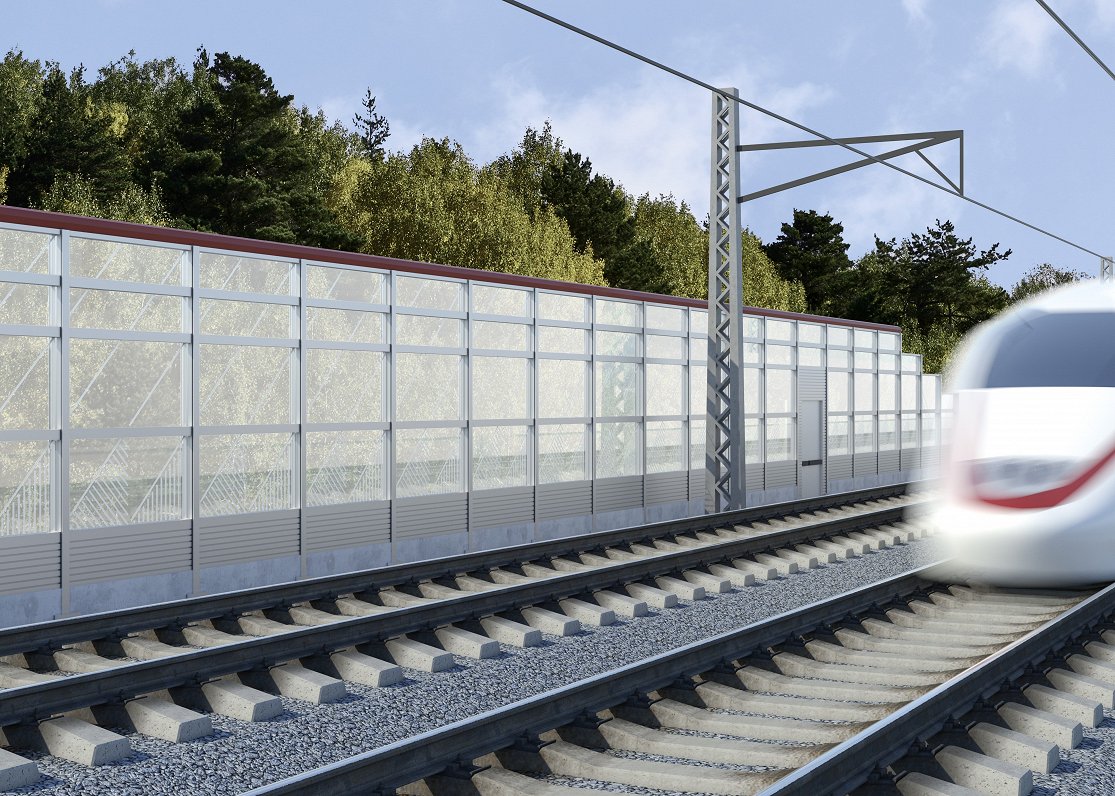Building a new line from north to south will include regional stations that have never been there before. For example, in Salacgrīva, Iecava and Bauska. As well as being on the express line, regional routes are scheduled to be organized between them.
There are currently 16 stations planned to be built in Latvia. Rail Baltica will also construct the platforms and stations to a certain extent.
“It is not just about the railway station. We are talking about a multi-modal transport hub, so that there is a railway station, so that there is also a chance to come, park with a car, and then go to Rīga or some other direction, and at the same time there would be a link with regional transport, with other buses.
This is not simply a station in the forest, but indeed a multimodal transport hub that would be needed for the development of the region as a whole,” Driksna said.
The purchase of trains is not intended for the project: different carriers may be able to offer services.
“It will be an open-type line. Consequently, it is possible that carriers may be from Latvia, if anyone wants to invest in this project and trains, and carriers already operating in Europe may come. Consequently, Rail Baltica is not a project that will purchase trains. Rail Baltica provides the infrastructure on which these trains will move,” Driksna explained.
He said the project had good prospects of attracting carriers. It is estimated that five million passengers and 16 million tonnes of cargo per year will be transported along the route in the first couple of years.
But an important issue to attract carriers is the efficient construction of a railway in line with uniform standards in all three Baltic states. “There must be clear rules from the State. Consequently, there is an important issue: who will be the infrastructure manager and how this route will be managed? And this is a further issue that will have to be decided over the next year, so that train owners and freight and passenger operators can start to be involved in time,” said the project representative.






























